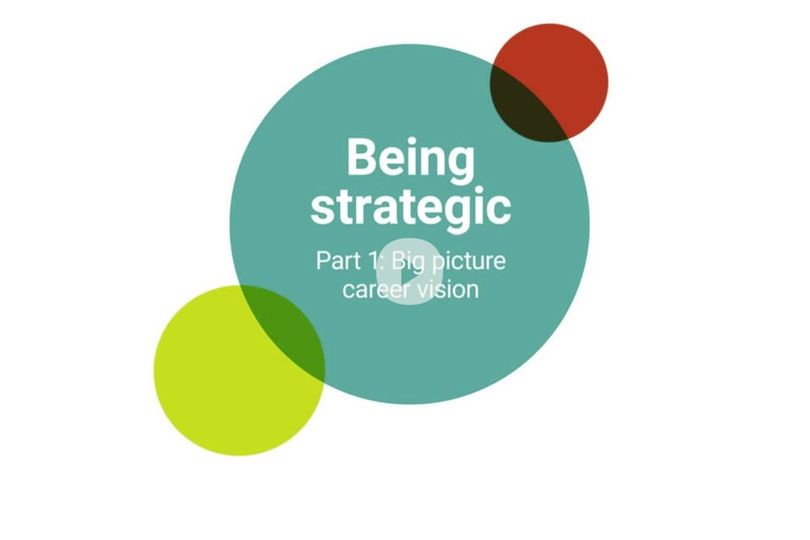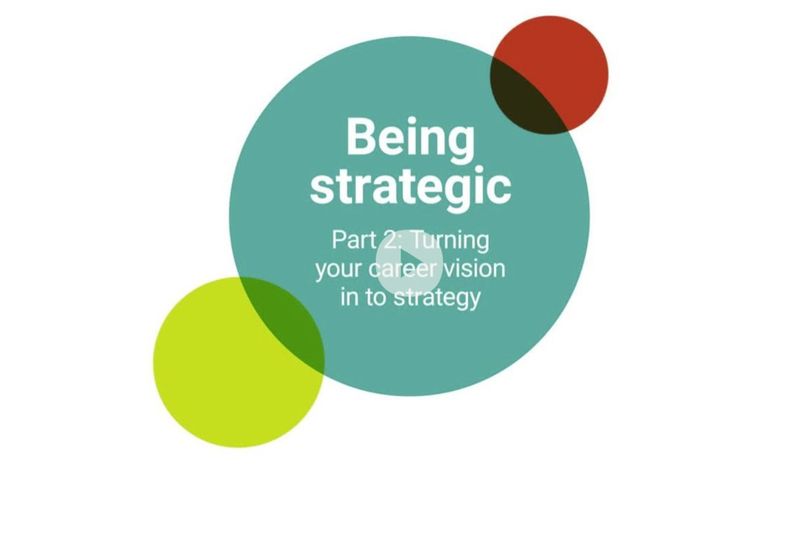Being strategic in your career (and research)
"Your constituents expect you to know where you’re going and to have a sense of direction. You have to be forward-looking; it's the quality that most differentiates leaders from individual contributors...
As a leader gains more work experience and moves higher up in the organizational hierarchy, the importance of being forward-looking increases. For [early career] leaders, it can be difficult to envision the future, and few devote any time to this discipline. This can be a barrier to success.
Front-line leaders must anticipate events that will occur approximately three months into the future.
Middle managers, however, may need to look three to five years out and executives typically have a planning horizon that is ten or more years into the future"
- James M. Kouzes and Barry Z. Posner: The Truth About Leadership
Something that distinguishes a leader from a manager or competent contributor is having a vision and a strategy. It is crucial to enable you to make decisions and prioritise, to know what to say 'yes' or 'no' to, to inspire and influence those you lead. A clear vision and narrative will convince your probation review panel or any funding panel that you know what will be successful. Many new research leaders find it difficult to put together a vision and strategy. This is normal and it takes practice. Here we provide you with some suggestions and tools to create and develop your research and career strategy.
This two-part video series will guide you through how to start developing your strategy. You can use the content to envision your career strategy in general, or to apply to a specific research idea or funding proposal. It may also help you to put together a strategy to present to your probation review panel.
Being strategic - part 1
In this video, we look at the big picture and envision the future.
Being strategic - part 2
In Part 2 we look at practical ways to turn the big picture in to a plan with a coherent narrative.
Download Ten horizon scanning questions and a PESTLE Analysis (doc) referred to in this video.
Resources
Internal resources and guidance
- Read our resource about team development and leadership: developing a vision
- To complement the videos, you may also find the PFDC’s ‘What’s your research vision’ online module and series of question prompts found at What’s your research vision? helpful. It is aimed at researchers applying for fellowships and lectureships, but you may find that it has some helpful prompts for you to articulate your research vision.
External resources and guidance
- Envision your impact – advice from Prof Mark Reed that includes ten questions to help you to identify your research impacts
Previous and next
Go back to the theme homepage: Managing yourself and your career
Go to the next section: Reviewing your career progress




